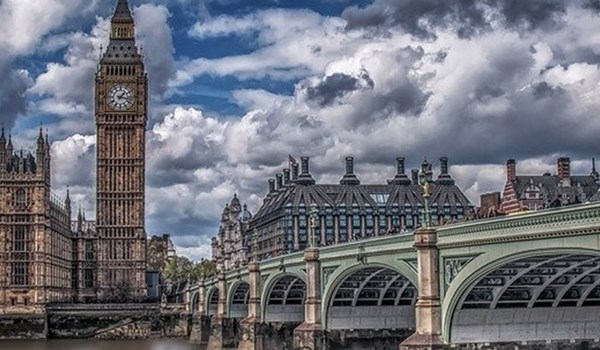Jurisdictions
Regions
Industry Sectors
04/02/20
UK: MP Against Netflix and its Corporation Tax.

As published on accountancydaily.co, Tuesday February 4, 2020.
Hodge, a long-serving former chair of the Public Accounts Committee who now leads the all-party parliamentary group on responsible tax, accused the streaming service of committing ‘superhighway robbery’ in an adjournment debate in the House of Commons on Monday.
She said: ‘Netflix demands our attention for a number of reasons. Not only does it deliberately dodge its corporation tax bills, but it, in fact, receives moneys from the public coffers through the high-end television tax relief.
‘Netflix takes out of the public purse more than it contributes in corporation tax. While HMRC fails to collect money from it in corporation tax, the US government is extracting tax from the same profits that it earns here and then hides in unknown tax havens.’
Citing analysis provided by the investigative think-tank Tax Watch, Hodge said that in 2019, Netflix had 11.62m UK subscribers, generating £1.08bn in income for the company, but that they are billed not in the UK but from a subsidiary company in the Netherlands.
According to Hodge, on the £2m profit that Netflix claimed it made in the UK, it did not pay any tax at all. Tax Watch estimates that the actual profit Netflix made in the UK was close to £70m in 2018, claiming on this basis the company should have paid over £13m in corporation tax.
Hodge said: ‘What is particularly galling is that Netflix actually makes a net profit from the UK taxpayer. In the last two years it has received nearly £1m from the government in tax credits, and that is just the start.
‘According to its US accounts, it is ready to enjoy £218m in tax credits worldwide.
‘We do not know how much of that will be paid by the UK taxpayer, but we do know that Netflix has massively expanded its production network here, and has taken out a lease for at least 10 years on virtually the whole of the Shepperton Studios site.
‘That implies that a huge chunk of our money - taxpayers' money - will be gifted straight into the coffers of Netflix in tax credits. It is nothing less than superhighway robbery.’
Hodge argued that the eligibility criteria for creative industries tax relief should be adjusted so that any company that is enjoying tax credits must declare the revenue earned from its products created with those tax credits in the UK.
She said: ‘The UK makes up 14% of Netflix’s non-US market. We provide a vital consumer base for Netflix, and much of its content is created here, so the intellectual property on Netflix’s product is developed here in the UK.
‘Google always argued in the past with me that it should not pay tax in the UK because its intellectual property was developed in California.
‘If that argument has any credibility, given that much of Netflix’s intellectual property is created here and funded in part by the taxpayer through tax credits, the case for taxing it here in the UK is irresistible.’
In response, Jesse Norman, financial secretary to the Treasury, said the question of digital taxation was a global issue, and highlighted the government’s support for the OECD reforms of profit allocation rules, saying these were intended ‘to ensure that market economies, including the UK, can tax a fair share of the profits of highly digitalised businesses’.
Regarding the DST, Norman said this is designed to relate to large search engine, social media and online marketplace businesses.
‘Those are different from the case that she is discussing, as they rely on their users to create value where that value is not recognised under current international tax rules.
‘Therefore the set of rules would have to be entirely rewritten to take into account the circumstances of the case that she is describing now, which may be important but is in any case captured by existing government law in many instances.
‘In any case, the DST is intended to be a temporary measure pending agreement of a long-term global solution, potentially including the US, that will address the wider challenges posed by digitisation,’ Norman said.
Commenting on the allegations Hodge raised, a Netflix spokesman said that ‘international taxation needs reform and we support the OECD’s proposal for companies to pay more tax in the countries where their operations help generate value.
‘In the meantime, we comply with the rules in every country where we operate.’
Netflix said the report cited contained ‘a number of inaccuracies’, including that Netflix has a Caribbean-based entity.
Netflix said: ‘We significantly simplified our tax structure last year. Netflix continues to invest heavily in the UK – spending more than £400m on local productions in 2019, which helped to create over 25,000 jobs and training placements.’


